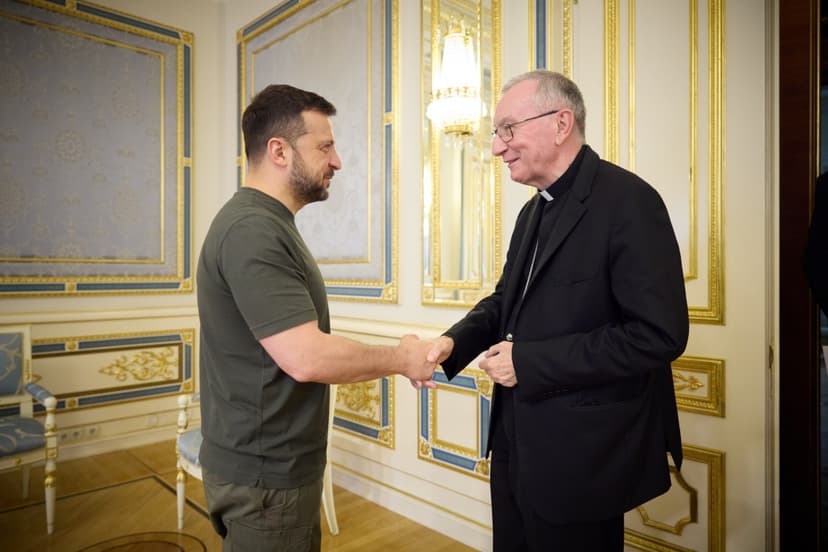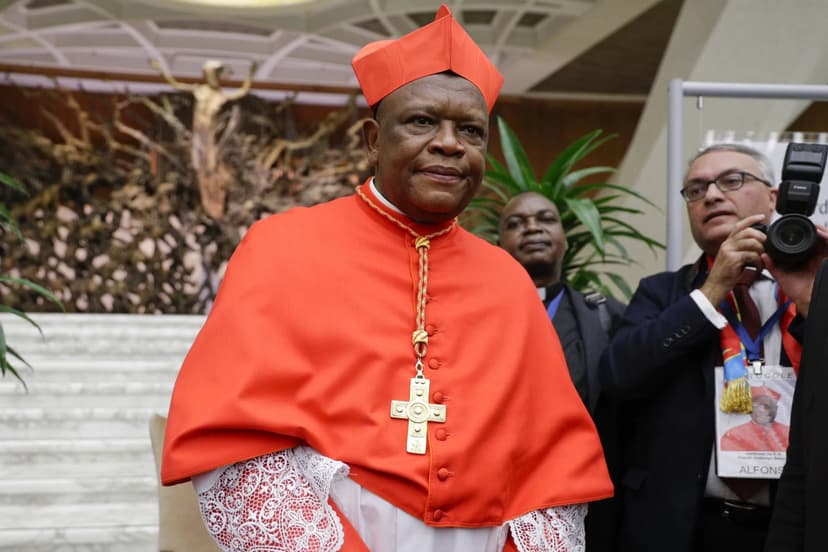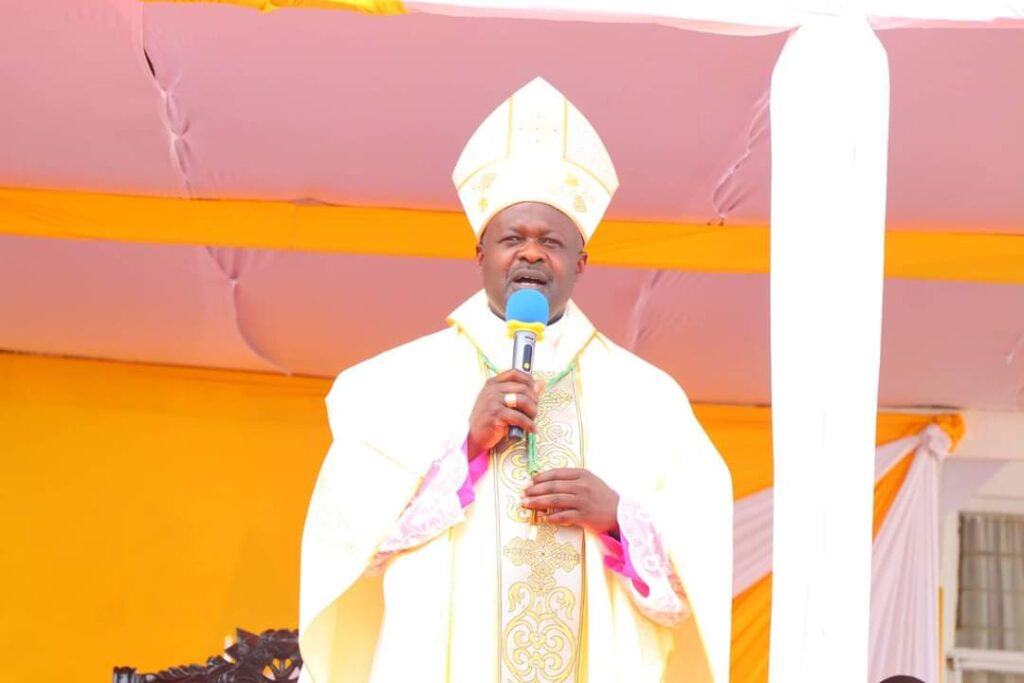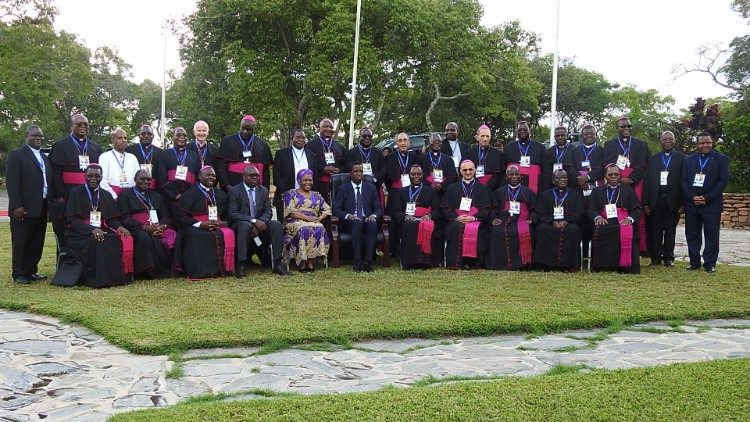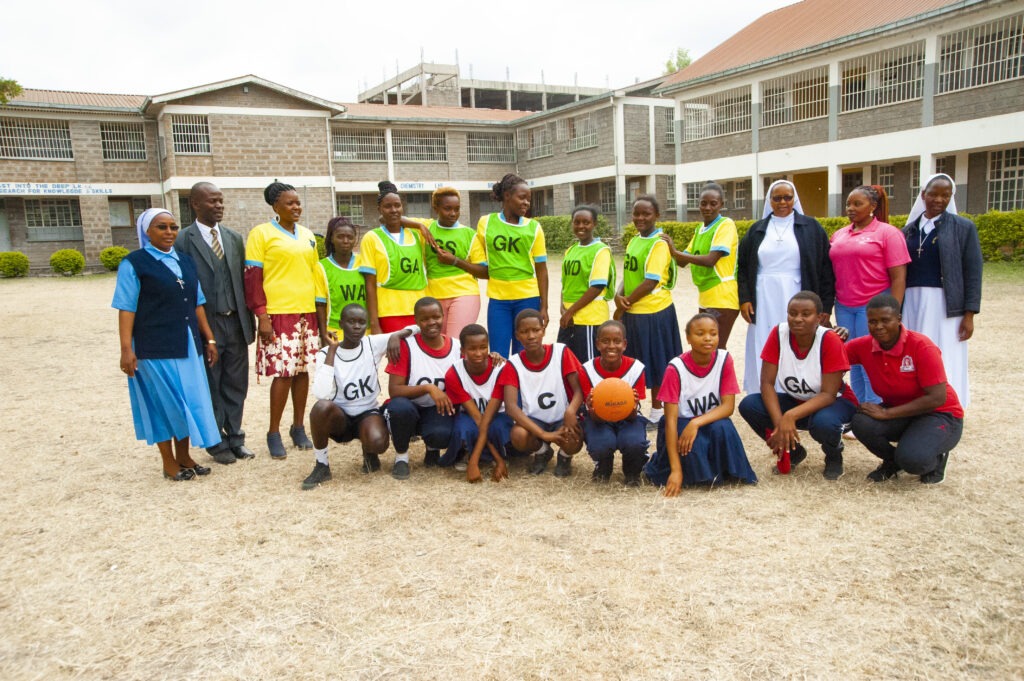In an interview with Vatican News, the Archbishop of Homs launches a plea for the Syrian people who risk dying of hunger after the World Food Programme suspended its general food assistance programme in the war-torn country due to funding shortages.
By Jean-Charles Putzolu and Francesca Sabatinelli
Six months ago, the World Food Programme (WFP) reduced by half its food aid to Syria. As of 1st January 2024, the UN aid agency has ceased its general food assistance programme across the country due to funding shortages.
More than five million Syrians depended on the delivery of food and basic necessities because of the war that has ravaged Syria for nearly 13 years and, more recently, the devastating earthquake that hit the areas bordering Turkey in February 2023.
Suspension of food aid from WFP a ‘terrible and unfair decision’
The WFP explained that the funding crisis is related to the Covid pandemic, the war in Ukraine, and now the conflict in Gaza. It is now estimated that over 12 million people live in severe food insecurity.
“The Syrian people are condemned to die without being able to say a word,” said Archbishop Jacques Mourad, who was appointed a year ago at the helm of the Archdiocese of Homs, the third largest city in Syria.
“It is a terrible and unfair decision,” he told Vatican News’ Jean Charles Putzolu, wondering how this could be possible. “For us, it is as if the world were telling the Syrian people, ‘You are condemned to die, without raising your voice, without saying anything’. And for what? What is the fault of the Syrian people?” he asked.
The Church cannot cover all needs
His forceful words were motivated by the suffering endured by the Syrian people after years of war, which continues to shatter all their hopes.
Archbishop Mourad remarked that the WFP decision will “throw the Syrian people into complete despair, extinguishing any glimmer of light our faith and hope had left. This is the end for us.”
Non-governmental organizations and the Catholic Church have seemingly worked miracles in Syria in recent years, supporting the population in every way.
Today, the interruption of international humanitarian aid, which served almost two-thirds of the Syrian population, leaves people to wonder if they can still hope they will not die of hunger.
“The Church, along with non-governmental organizations, cannot cover all the needs of the Syrian people because their financial capacity is limited,” explained Archbishop Mourad.
Syrians are condemned to death
Furthermore, getting the money to Syria is impossible due to the sanctions imposed by the United States and the UN.
“So, what do we do? How can the Syrian people live?” the Archbishop of Homs asked, noting that many families in Syria already live on only one meal a day.
“We have forgotten what heating means because we cannot buy diesel or wood; we have forgotten what hot water is; we have forgotten what a society is. And we live in total darkness because the cities in Syria are without light.”
“Certainly,” he added, “the rich neighborhoods, which only account for 5% of the population, are not representative of the situation of the Syrian people.”
Archbishop Mourad concluded by saying that his only hope now lies in the European Union and that it will take a clear stand based on “sincere and human sensitivity” to the plight of the Syrian people, who seem to have been abandoned by the entire world.
“Why do you want to let these people die? What have we done wrong to be condemned to die?” he lamented.
Centesimus Annus Foundation offers new courses on Catholic Social Doctrine
The ‘Centesimus Annus Pro Pontefice’ Foundation opens registrations for new in-person and online courses to explore the contribution of the Social Doctrine of the Church to our world’s ongoing transformation and crises.
By Vatican News
The Centesimus Annus Pro Pontefice Foundation has announced new courses on the Social Doctrine of the Church, under the theme “The Contribution of the Church’s Social Doctrine in a World Between Crisis and Transformation.”
The courses take place from 20th January to 23rd March 2024, both in-person and online, under the academic direction of Monsignor Guy-Réal Thivierge.
The course will be inaugurated at the Casa Bonus Pastor in Rome by the Foundation’s president, Anna Tarantola.
The 2024 High Training Course in Catholic Social Teaching aims to achieve more universal human rights and promote pathways to peace, according to a letter by Msgr. Thivierge, available on the Centesimus Annus Foundation – Pro Pontifice website.
Lessons and target audience
The course calendar details that the learning method proposed comprises three levels: in-depth, inductive, and community wisdom.
These courses, organized for the past several years, are aimed at public and private executives, professionals, academics, entrepreneurs, religious figures, and young students preparing to enter the workforce.
The goal is to teach the principles and practices of the Church’s Social Doctrine.
Through them, the Foundation seeks to “foster the growth of a thoughtful and cohesive community that can influence the social and economic realities of the world.”
Course structure
The sessions include seven modules, three in-person and four online, designed as educational journeys focused on integral human development, and social friendship and cooperation.
The on-site meetings in Rome will be held at the Casa Pastor Bonus, while the remote sessions will take place from 6:30 PM to 8:30 PM (GMT+1).
Each session is structured with specialist lectures in various fields of Catholic Social Doctrine and representatives from the economic, financial, and social spheres.
The format includes open dialogues, discussions, free time for lunch, and group work.
For religious participants, the course is entirely free, while a discount may be applied to young attendees at the discretion of the Foundation (requests should be sent to the General Secretariat).
Themes of the courses
The course topics include an introduction, work methodology, and the foundations of the Church’s Social Doctrine.
The second session will focus on “Culture and Society.” The third is dedicated to “Politics and Democracy.” The fourth will address “Economic and Social Responsibility: New Challenges and Pathways.”
The fifth will explore “Communication and New Technologies.” The sixth will delve into “Artificial Intelligence,” and the seventh will tackle “Social Transformations and Education.”


